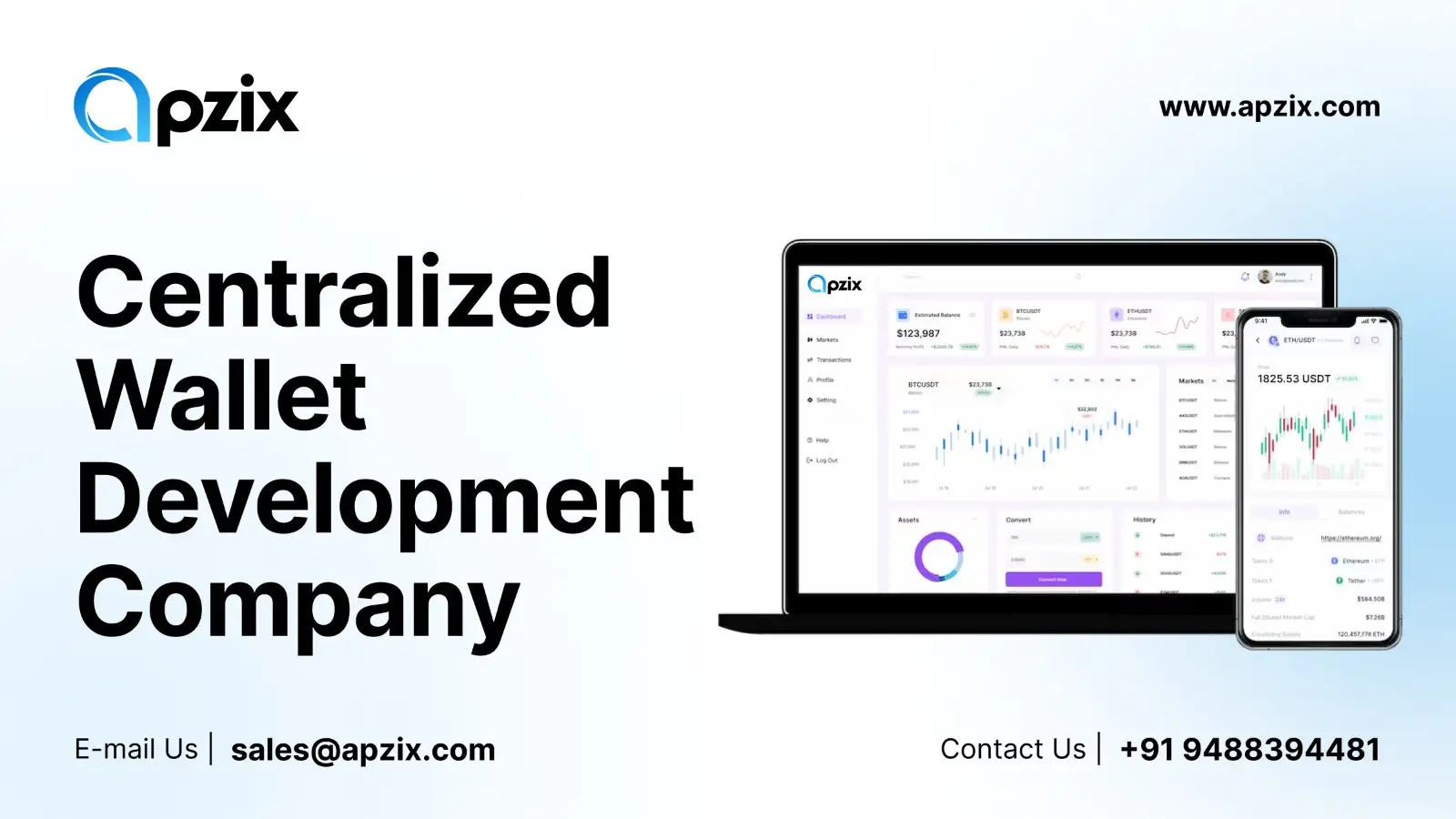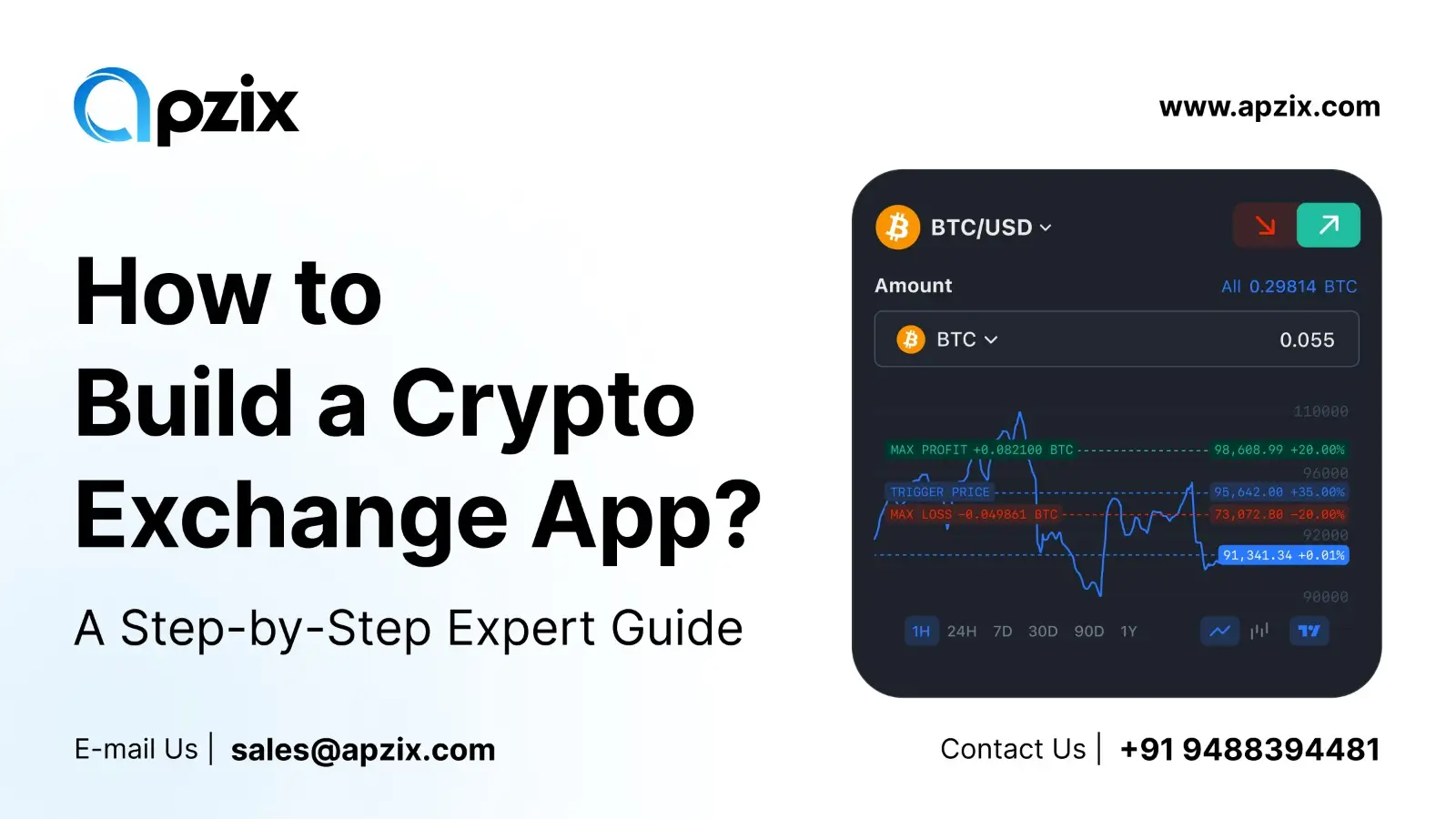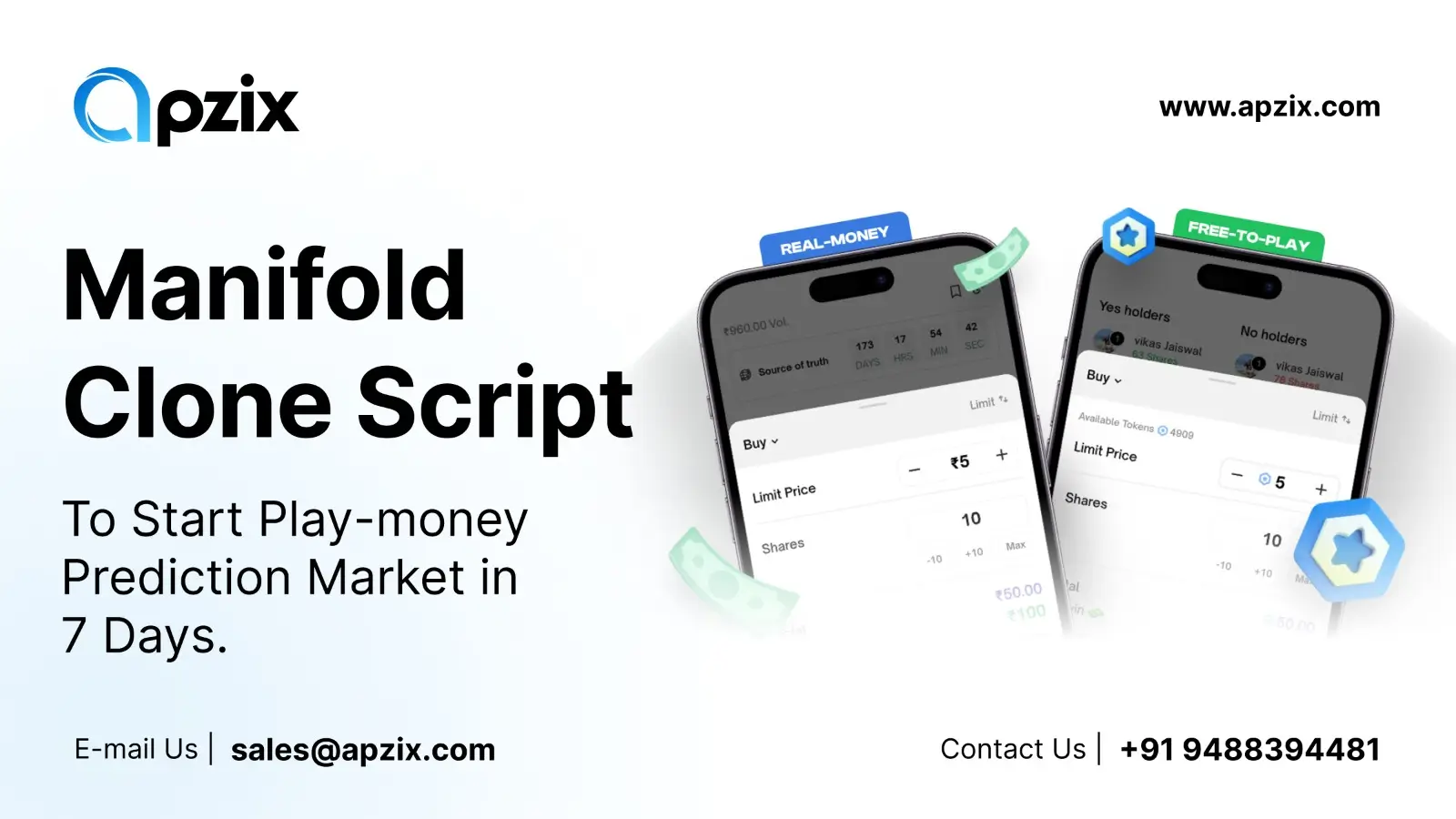
These days, many entrepreneurs are thinking about launching their own crypto exchange platform. But one big question always comes up: Which crypto exchange model should I choose for my business?
The truth is, there’s no one-size-fits-all answer. To make the right decision, you need to understand the current market trends, which exchanges are popular, which ones are growing fast, and which models are cost-effective. Once you have that clarity, choosing the right model becomes much easier.
If you’re still confused, don’t worry. In this blog, we’ll walk you through different crypto exchange models and help you figure out which one suits your business best.
What Is a Crypto Exchange?
A crypto exchange is an online platform where people can buy, sell, and trade cryptocurrencies like Bitcoin, Ethereum, and many other digital assets. It works like a digital marketplace where users can swap one crypto for another or convert crypto into fiat currencies.
Most exchanges offer real-time price updates, trading tools, secure wallets, charts, and customer support. In simple terms, crypto exchanges are the gateway for anyone who wants to enter the world of digital currencies.
Different Types of Crypto Exchange Models
Choosing the right exchange model is one of the most important steps when building your crypto business. Let’s look at the main types.
Centralized Exchange (CEX)
A centralized exchange is managed by a central authority or company. Users need to sign up, verify their identity (KYC), and trust the platform to store their funds.
Why choose a CEX?
High liquidity
Fast transactions
Easy-to-use interface
Advanced trading features
CEX platforms are great for beginners and professional traders who want speed and reliability.
Decentralized Exchange (DEX)
A decentralized exchange runs on blockchain and uses smart contracts to execute trades. There is no central authority, and users keep full control of their funds.
Key advantages:
No middleman
Better privacy
Strong security
No mandatory KYC in many cases
However, DEX platforms may have lower liquidity and slower transactions compared to centralized exchanges.
Hybrid Exchange
A hybrid exchange combines the best features of both CEX and DEX. It offers decentralized security with centralized performance.
Why hybrid exchange?
Users control their funds
High-speed trading
Better liquidity
Improved privacy
Hybrid exchanges are becoming popular because they balance security and usability.
Peer-to-Peer (P2P) Exchange
A P2P exchange allows users to trade directly with each other. The platform only provides an escrow service to keep transactions safe.
Benefits of P2P:
Flexible payment options
Users set their own prices
High privacy
No direct middleman
But the trading speed depends on how fast users respond.
Key Factors to Consider Before Choosing an Exchange Model
Business Goals
Start by defining your business goals. Do you want quick profits or long-term growth? Are you targeting professional traders or everyday users? Your goals will guide your exchange model choice.
Target Audience
Think about who your users are. Experienced traders need advanced tools, while beginners prefer simple and easy platforms. Your audience will shape your platform’s design and features.
Security
Security is everything in crypto. Users will only trust your platform if their funds are safe. Make sure to implement KYC/AML, two-factor authentication, encryption, and secure wallets.
Budget
Your budget matters a lot. Some exchange models are expensive to build and maintain. Choose a model that fits your budget and offers good returns.
Compliance & Regulations
Crypto regulations vary by country. You must follow legal rules, get the required licenses, and implement KYC and AML policies. Compliance protects your business and builds user trust.
Technology Stack
A strong tech stack ensures your exchange runs fast and smoothly. Focus on scalability, security, blockchain integration, and performance. Your platform should also be easy to upgrade in the future.
Steps to Launch a Crypto Exchange Platform
1. Market Research
Understand your target users, analyze competitors, and study crypto trends and regulations in your target markets.
2. Legal Compliance
Register your company, get licenses, and set up KYC and AML systems to meet legal requirements.
3. Crypto Exchange Platform Development
Build your exchange with essential features like trading engine, wallets, user accounts, and admin controls. Make sure the platform is secure, fast, and user-friendly.
4. Liquidity Management
Liquidity is crucial for any exchange. Partner with liquidity providers or connect to other exchanges to ensure smooth trading and attract users.
5. Launch and Marketing
Test your platform thoroughly, do a soft launch, and then go public. Promote your exchange using digital marketing, social media, influencers, and referral programs.
Final Thoughts
Choosing the right crypto exchange model is a big decision for your business. Focus on security, compliance, liquidity, technology, and user experience. Most importantly, align your exchange model with your long-term business vision.
Defining your business model from the beginning will make your crypto exchange development journey smoother and more successful.
At ApziX, we help businesses build secure, scalable, and user-friendly crypto exchange platforms. If you need expert guidance or want to start your exchange project, feel free to contact our team. We’re here to support you at every step.











